The past year has been turbulent for the mortgage market. At the start of 2024, the average 30-year mortgage rate stood at 6.62%, climbing to 7.22% by May before dipping to 6.07% in September. As the year closes, rates are back near their starting point at 6.60%, influenced by Federal Reserve rate cuts and fluctuating market conditions.
Table of Contents
While experts anticipate additional rate reductions from the Fed in 2025, the key question remains: will refinancing be worth it?
Is 2025 the Right Year to Refinance Your Mortgage?
Refinancing isn’t just about accessing lower rates; it’s about whether the savings outweigh the costs. Here’s what experts predict for the mortgage refinance market in 2025.
Home Equity Loan or Reverse Mortgage: Which is the Best Choice for 2025?
HELOC vs. Home Equity Loan: Making the Right Choice for 2025
Why Refinancing Might Be Worth It in 2025
1. Potential for Lower Rates
Aaron Cirksena, CEO of MDRN Capital, believes refinancing could be advantageous for homeowners locked into higher-rate mortgages if rates drop significantly.
“If rates fall meaningfully, it could be a great opportunity to lower monthly payments or shift to a shorter loan term. However, if rates remain steady, refinancing might only make sense for accessing home equity or consolidating debt,” Cirksena explains.
2. Aligning Refinancing with Financial Goals
Ryan Leahy, a mortgage broker at More Seller Financing, emphasizes that refinancing is not solely about lowering interest rates.
“Shortening your mortgage term can save significant interest over time and build equity faster. On the other hand, extending the term can reduce monthly payments, offering immediate financial relief,” Leahy shares.
3. Leveraging Home Equity
Homeowners who have experienced significant property value increases may benefit from refinancing to tap into their equity for:
- Home improvements
- Debt consolidation
- Major purchases or investments
Why Refinancing Might Not Be Ideal in 2025
1. Marginal Savings for Low-Rate Homeowners
Jeff Lichtenstein, owner of Echo Fine Properties, cautions that refinancing may not make sense for those with current mortgage rates below 7%.
“With rates unlikely to dip below 6%, the potential savings may not justify the costs, especially if you already have a relatively low rate,” Lichtenstein notes.
2. Short-Term Homeownership Plans
If you plan to sell your home within the next five to seven years, refinancing might not provide enough time to recoup the closing costs.
“Homeowners need to consider their break-even point—the time it takes for monthly savings to outweigh the upfront costs of refinancing,” Leahy advises.
What are the Nationwide Benefits for Seniors Over 65 in America 2025?
SSA’s $22.8 Million Payment Mistake: What Went Wrong and How It’s Being Fixed
New York New Minimum Wage for 2025: Key Changes and Effective Dates
Who Stands to Gain the Most From Refinancing in 2025?
Not all homeowners will benefit equally from refinancing. Here are the scenarios where refinancing could make the most sense:
- Homeowners with Rates Above 7%: For those locked into higher rates, refinancing to a lower rate—even a modest drop—can provide significant savings.
- Equity-Rich Homeowners: Rising property values may allow you to use home equity for financial goals like debt reduction, home upgrades, or investments.
- 15-Year Mortgage Shifts: Moving from a 30-year to a 15-year mortgage can reduce interest payments substantially and accelerate equity growth.
Factors to Consider Before Refinancing
Refinancing isn’t a one-size-fits-all solution. Before making a decision, evaluate these key factors:
- Current Rate vs. New Rate: Ensure the new rate provides substantial savings over time.
- Closing Costs: These can range from 2% to 5% of your loan amount, so calculate your break-even point carefully.
- Loan Term: Decide if shortening or extending your term aligns with your financial goals.
- Home Equity: Higher equity often leads to better loan terms and more refinancing options.
- Credit Score: A higher score can unlock better rates and terms, making refinancing more advantageous.
Steps to Prepare for Refinancing in 2025
- Monitor Interest Rates: Keep a close eye on Federal Reserve announcements and market trends.
- Evaluate Your Credit Score: Aim to improve your score to secure the best possible rates.
- Understand Your Break-Even Point: Calculate how long it will take for your monthly savings to outweigh refinancing costs.
- Shop Around: Compare lenders to find the best combination of rates and terms.
- Consult Experts: Speak with mortgage professionals to determine if refinancing is right for you.
The Bottom Line: Make an Informed Decision
While mortgage refinancing will likely be an option in 2025, whether it’s the right move depends on your unique financial situation. For those with high rates, significant equity, or a desire to change loan terms, refinancing could be a smart financial step.
Ultimately, success in refinancing comes down to careful planning, realistic expectations, and aligning your choice with your long-term financial goals. Take time to run the numbers and consult experts to determine if 2025 is your year to refinance.
Ready to explore your refinancing options? Start comparing today and make your move before rates shift again!
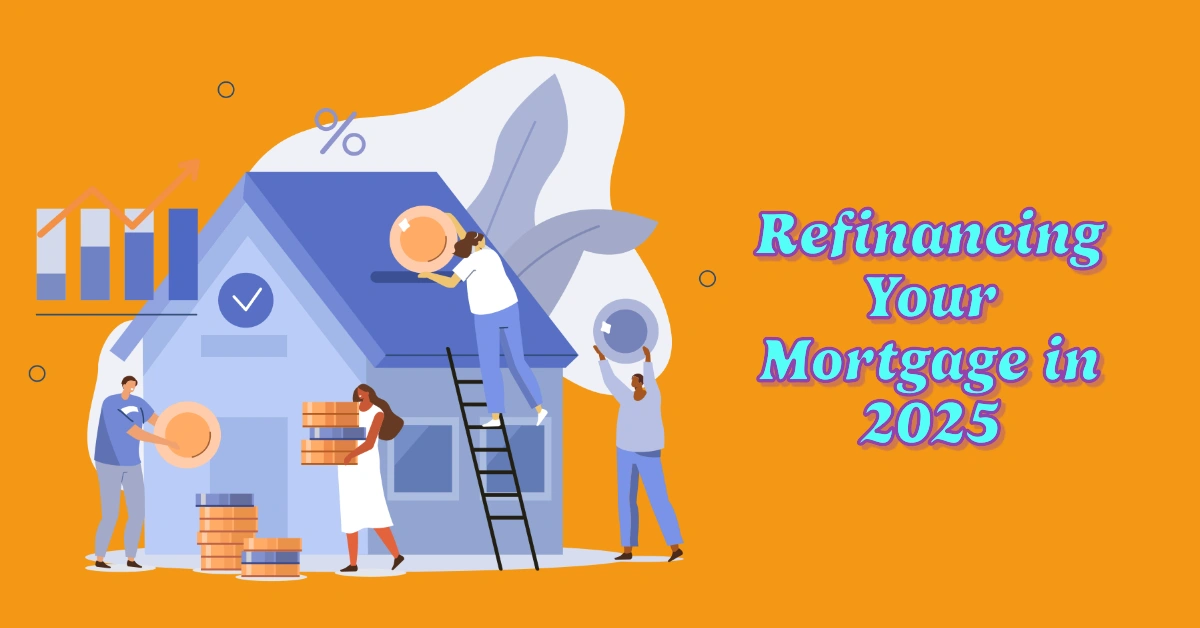
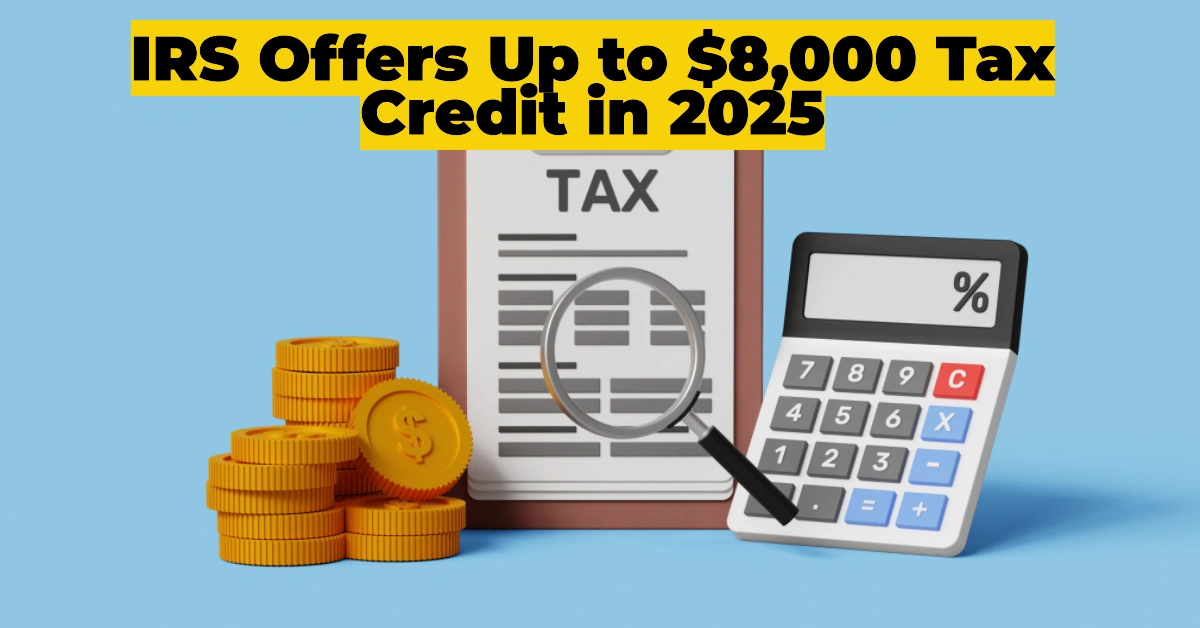

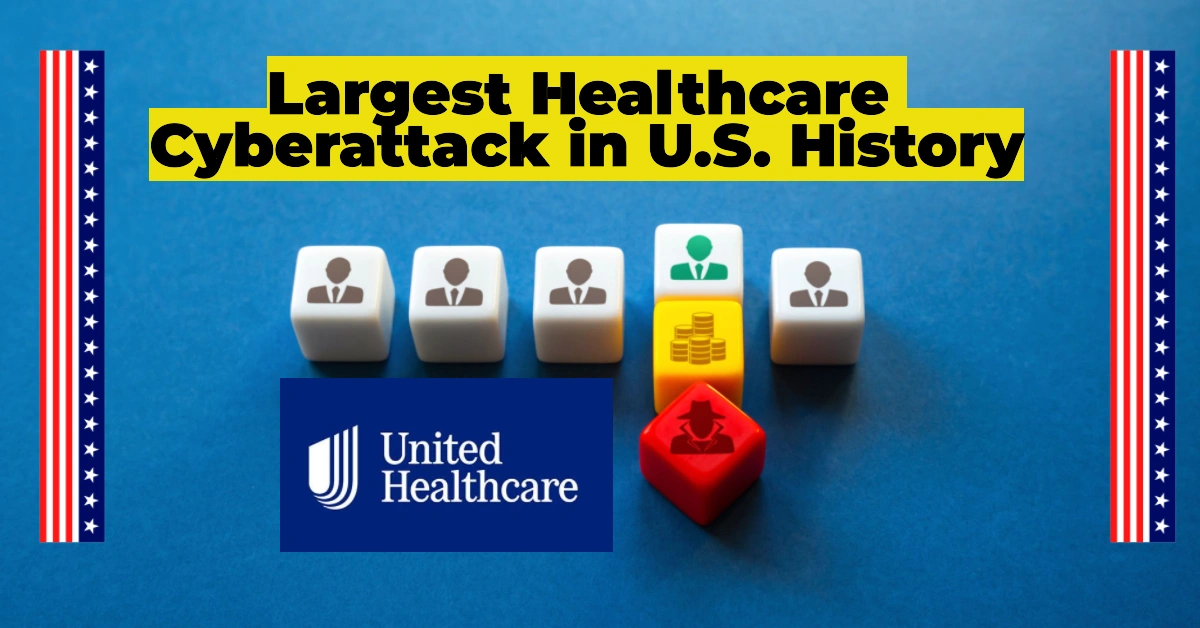

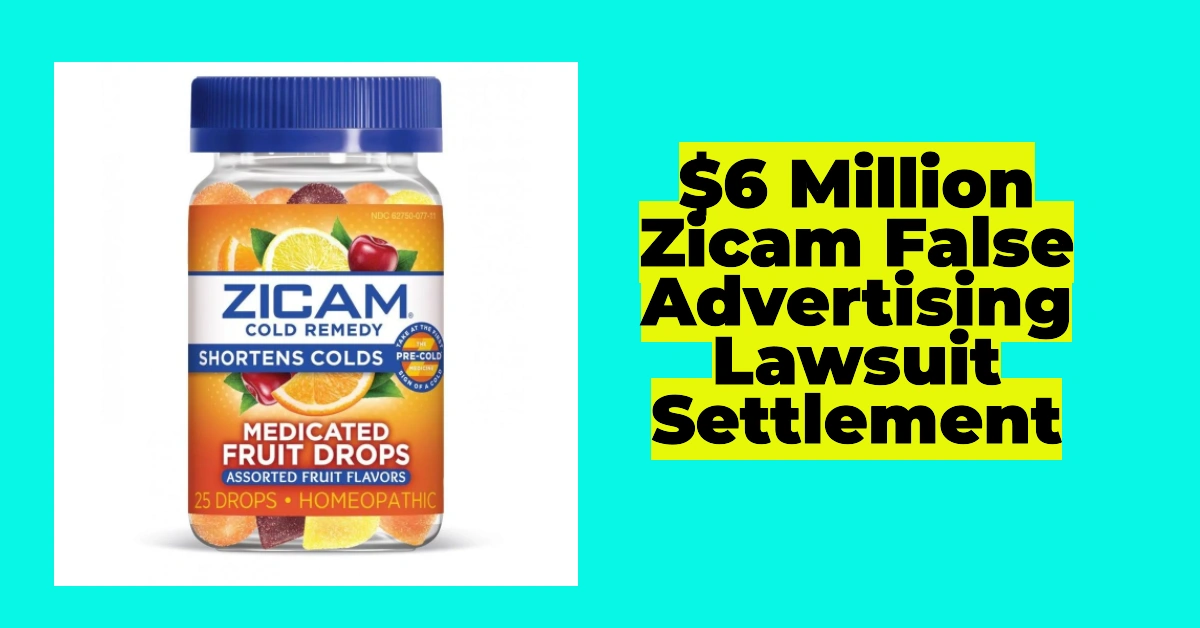



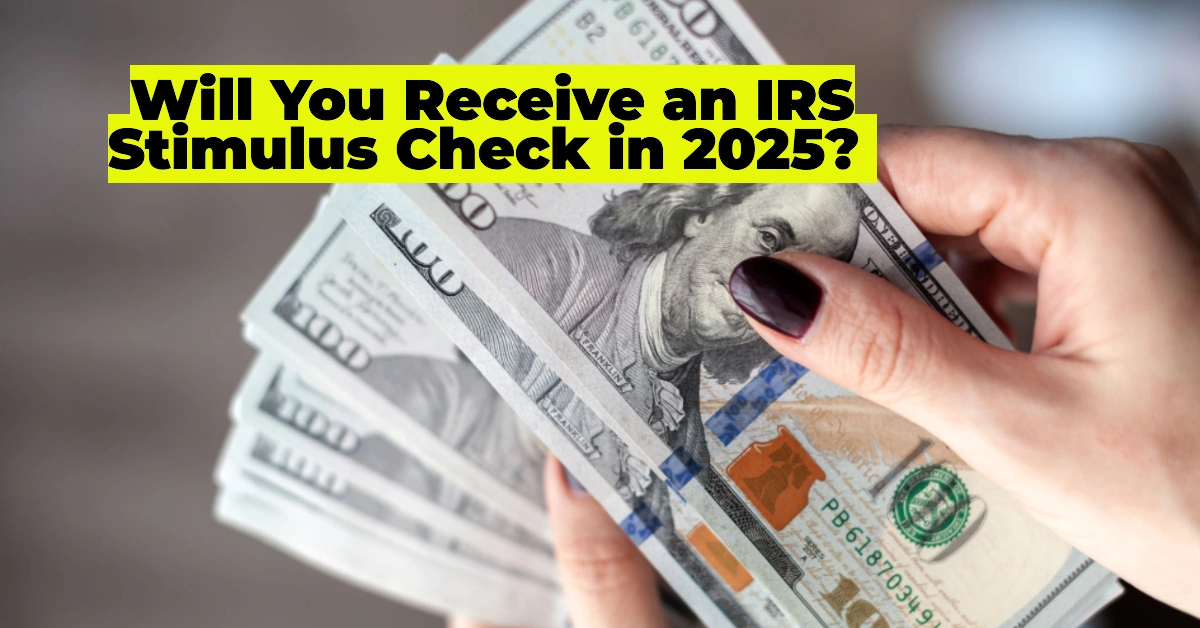

8 thoughts on “Refinancing Your Mortgage in 2025: What Experts Predict and How to Prepare”